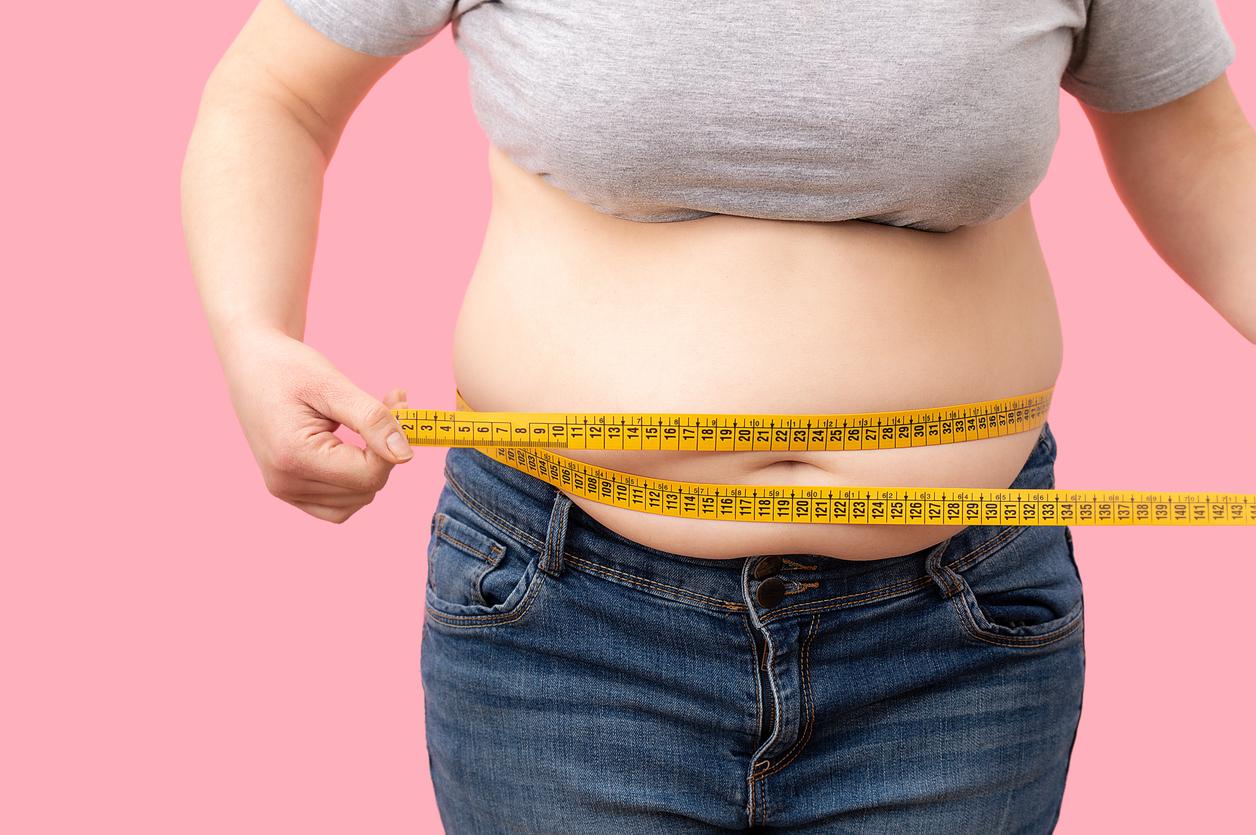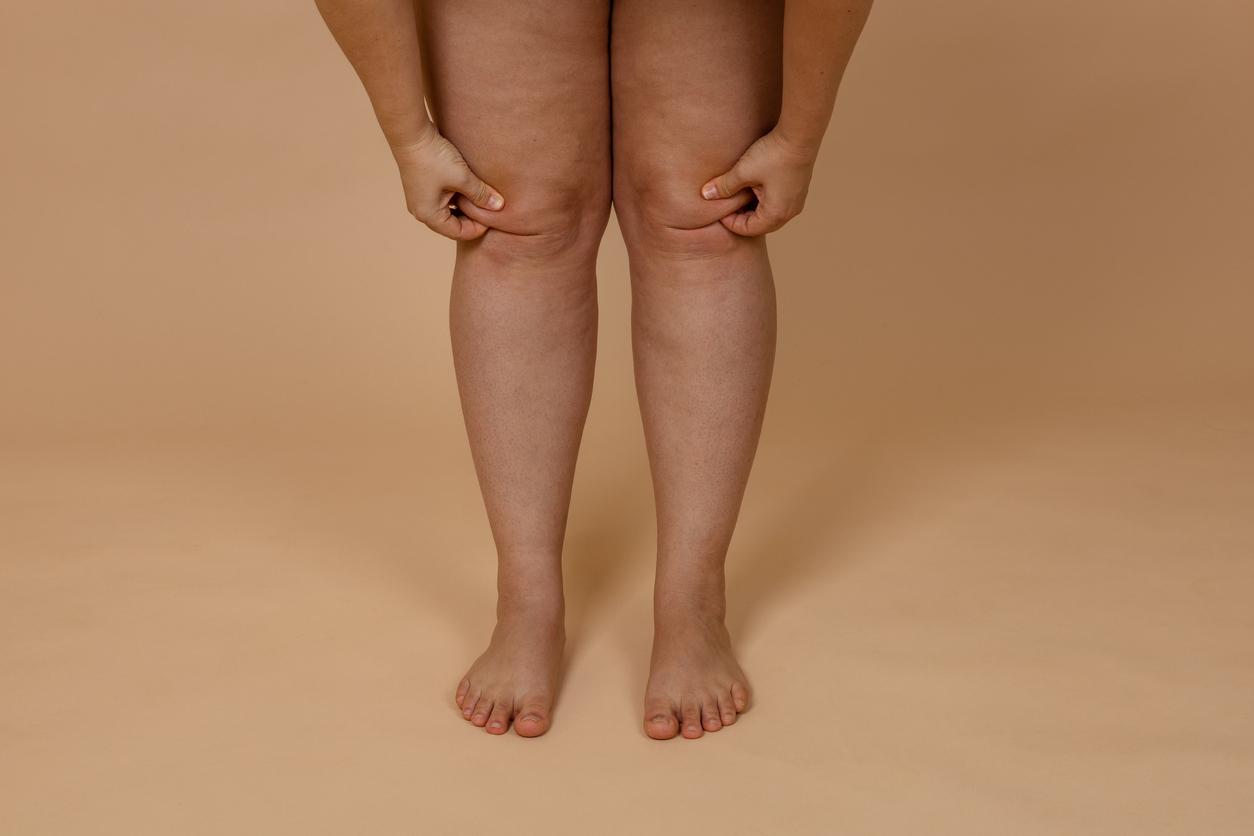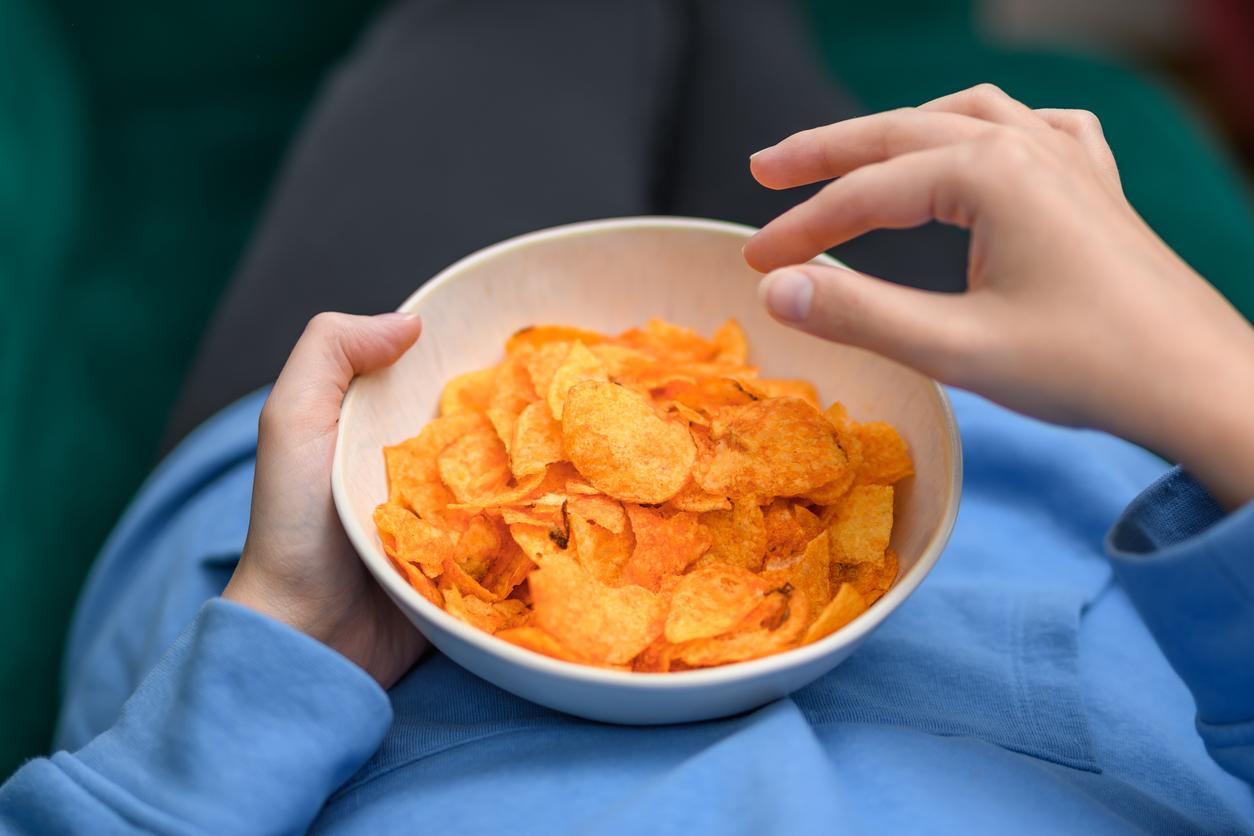
You can grow ‘good’ fat
Rolls, love handles, swimming rings: we are usually not happy with our bellies. Yet fat is a smart organ with a lot of use for our body. So time for a revaluation, thinks Dr Mariëtte Boon.
1. Fat is a passive pile of blubber
MYTH: That was indeed for a long time the way we looked at fat. The ‘fat cell’ would be a storage place for fat, which was just lying there. And that, together with the other fat cells, wrapped our body in a pleasantly warm layer, and protected our organs against impact. “But in the 1990s we found out that things are very different,” says doctor Mariëtte Boon. “Fat turned out to be an organ that can make hormones and inflammatory substances. With such an influence that we also call it a ‘conductor’. Our fat cells send commands to practically all other organs in the body, including the brain. That makes it an important organ, rather than a passive pile of mud.”
2. Your Fat Controls Your Appetite
FACT: How hungry we are, whether we feel full: these things are controlled in the brain by the hypothalamus. “That area is the traffic controller of our brain,” says Boon. “It influences all kinds of important processes in the body. How? With the help of the messages that our fat sends to the brain, among other things!” Fat makes the hormone leptin, which tells the brain how much fat is still stored. If it is less, we get hungry. leptin passes through the signal of satiety. “Unfortunately, that hormone can get disrupted,” explains Boon. “The more fat, the more leptin you produce. In obese people, the leptin hormone level is so high that the recipients of that substance You can become a little insensitive. The satiety signal is then less well passed on. Then you continue to eat more, you get more fat and even more leptin… A vicious circle.”
3. Your genes determine how much fat you develop
FACT: Mariëtte Boon: “It is very logical for most people that the genes already determine how tall you are. But when it comes to the question of how much fat you develop, people quickly point the finger: ‘You just have to eat healthier and move more.’ While the same applies to that fat development: you get it in the genes.” To a large extent, at least: 60 percent of the variation in your body weight is determined by the gene package that you receive, the doctor explains. “How quickly you become satiated, how easily you give in to temptation, what reward signal your brain sends out when you looks good: it’s all hereditary. Just like the question of how mobile you are. Some people unconsciously fidget and wiggle all day long. That so-called fidgetting ensures faster combustion.”
If you present two people with a chocolate bar, it is therefore perfectly possible that one has enough after one block and the other can easily eat the entire bar. Not because the second is an out-of-control type; the first, because of its predisposition, does not need any self-control at all to stop after that one block. While the brain chemicals of the other transmit very different messages. “So that’s a very unfair battle,” said Boon. “It’s far too easy to say that it takes ‘just a little willpower’ to resist good food.”
4. Fat is bad
MYTH: We do know about belly fat: that is indeed fat that we do not want to have too much of. Boon: “Belly fat can make large amounts of inflammatory substances. A lot of belly fat can also disrupt the hormone balance in the fat, and that, together with those inflammatory substances, can contribute to the development of diabetes, depression and even cancer.” But there is also good fat: brown fat. Brown fat is hidden deep in your neck and around your large blood vessels. This fat is a kind of combustion engine that you always have with you. Brown fat literally burns fats into heat. “We’ve known for a long time that babies have brown fat,” explains Boon. “Newborns use brown fat as a heater to maintain their body temperature. Ten years ago it turned out that we still have active brown fat in adulthood. The more you have of it, the faster your metabolism could go. only a little bit of it – 300 grams on average – and it disappears with age.”
5. You can grow ‘good’ fat
FACT: And that’s the good news! “Research shows that cold helps to grow more brown fat,” says Boon. She conducts research into brown fat and explains how the brain controls this fat. “When it gets cold, the brain signals to turn on the stove. “You will then burn more of the fats you want to get rid of. The longer or more often we are in the cold, the more brown fat we create. And the more unwanted fat we burn again.” What you can do yourself to grow more brown fat: take a cold shower, exercise outside, swim in the sea, turn down the stove. Eating hot peppers also activates brown fat, Boon says. And research with mice shows that certain substances in green tea cause the development of brown fat. “Research is also being conducted into medicines that help to grow more brown fat.”
6. When you are under stress you burn fat
MYTH: No, in most people stress makes you fat. There is nothing wrong with a little stress. It helps people to stay focused and perform well. But the long-term stress that more and more people are burdened with is harmful to our bodies in many ways. Because when you are tense, the stress hormone cortisol is produced. And cortisol causes ‘snack appetite’: more need for high-calorie food. And it creates more belly fat, the harmful fat. That way, long-term stress can make you fatter in the long run.
The annoying thing is: cortisol is also found in certain medicines. “We find it in the form of corticosteroids in prednisone, a hormone ointment against eczema, and certain asthma puffs. There are studies that suggest that corticosteroids also enter your bloodstream with liniments. And if possible influence appetite and fat development. Quite alarming, because at the moment 10 percent of people use such a substance. That doesn’t mean you should never use these resources, but use them wisely!”
7. The less fat, the better
MYTH: Because of our obsession with food, fat and overweight, many people think: the thinner, the better. That’s not quite right, says Mariëtte Boon. “If you have little fat, you make little of the hormone leptin (see also point 2). Leptin is not only important for your hunger and satiety, it is also necessary for initiating puberty and fertility. Children those who are low in fat enter puberty later in life, and adult women who are low in fat, for example because they exercise excessively or have an eating disorder, stop menstruating at some point.A logical reaction of the body: there is fat necessary for a pregnancy to develop properly and to bear a fruit. An American scientist has calculated that your body fat percentage must be at least 17 percent to continue menstruating regularly.” In addition, a healthy amount of leptin ensures that the inflammatory cells in our blood function properly. People who have too little fat develop infections more often. People who have a very rare disease in which no leptin is produced sometimes die from blood poisoning. “And we sometimes lose very serious anorexic patients to ‘simple’ pneumonia,” says Boon. “Partly because of the lack of leptin, their bodies are unable to fight against invaders.”
8. Sex hormones affect your fat
FACT: After the menopause, the female sex hormone estrogen drops. That hormone normally contributes to the burning of fat. Because there is less estrogen, the burning is slower after the menopause. There is also relatively more testosterone in this phase. Those two things ensure that women gain more belly fat after the menopause. With men it is the other way around. In men, a lot of testosterone ensures more muscle mass and less belly fat. But with age, the amount of testosterone decreases in them. And that decrease in men actually ensures that they get a tummy. In short, when it comes to a healthy fat distribution, a lot of testosterone is beneficial for men, but unfavorable for women. What can be done about belly fat? Boon: “Exercising more is one of the most effective ways to get rid of it. Cycling and walking already help, but strength training, even as you get older, makes more muscles. And as a result, you continue to burn more day and night.”
9. Too little sleep makes you feel like snacks
FACT: Sleep deprivation really makes you hungry. Not just like that, but really in high-calorie food. A bar of chocolate or a frikandel is easier if you haven’t slept enough the night before. Research has shown that after just one night of less than five hours of sleep, a disruption of the hunger hormone occurs. In the long run, you can become overweight due to chronic sleep deprivation. But there is also good news. Research into people who were advised to sleep 1.5 hours longer per night showed the opposite. They made healthier food choices and ate less sugar.
10. The more fat you have, the harder it is to get rid of it
FACT: Every person has an individual set point: a weight at which the body wants to stay. If you are a bit overweight, you can still go back to that. But when the body is extremely stretched, such as in obesity, the hormone balance is so disrupted that it becomes very difficult to return to that original set point.
Liesbeth van Rossum is an internist and endocrinologist and Mariette Boon is an internist in training and researcher into brown fat. Together they wrote the bestseller ‘Fat important‘. This duo knows all about body fat and how you can influence it. Do you want to lose weight? Listen to the podcast below before you start a diet, because then you can avoid common mistakes.
This article originally appeared in the July/August 2019 issue of Plus Magazine. Not yet a Plus Magazine subscriber? Becoming a subscriber is done in no time!
Sources):
- Plus Magazine

















